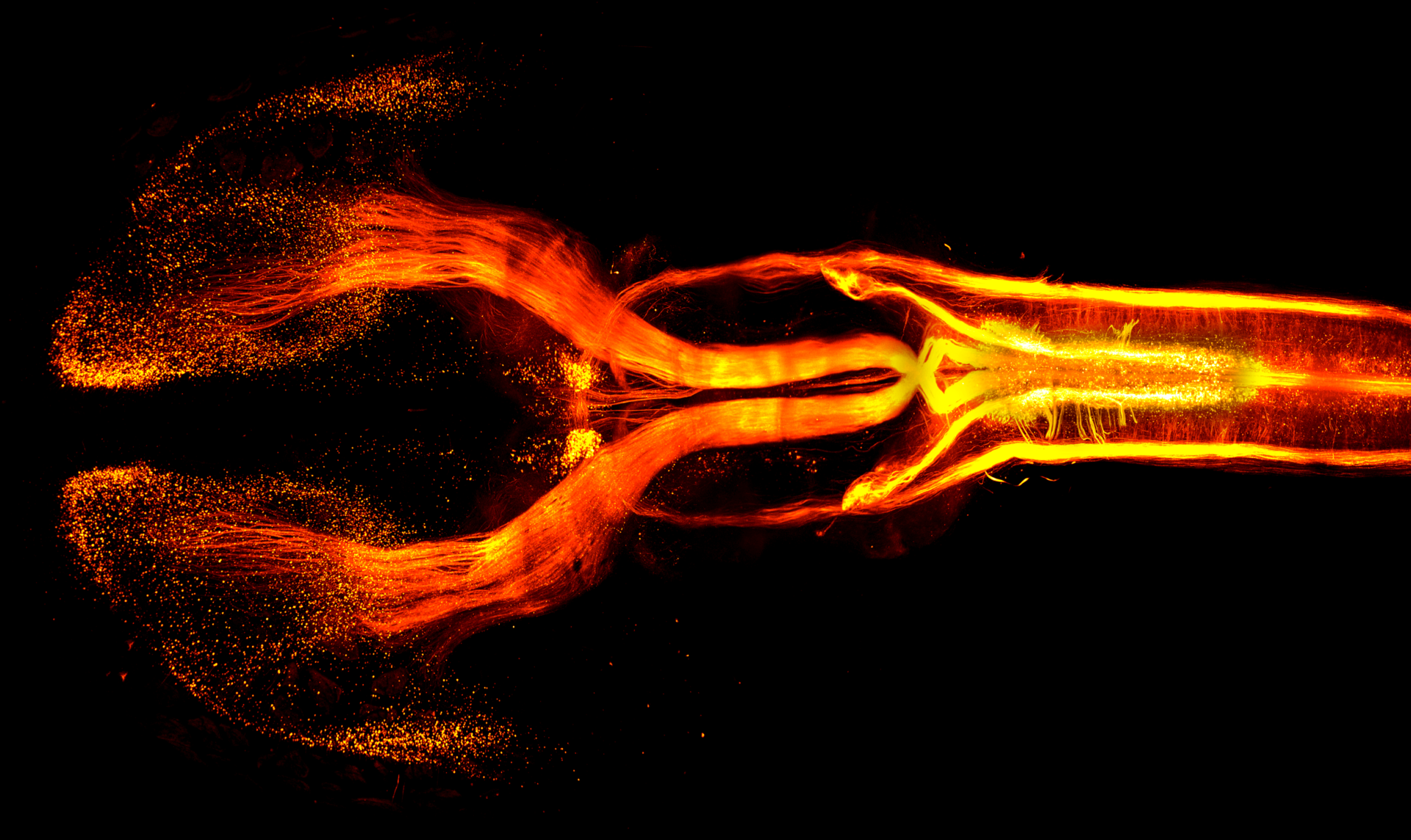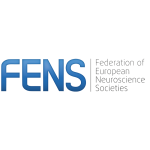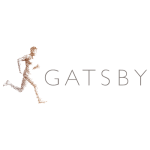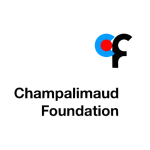This course has been rescheduled and will not be organised in 2022. Updates on the course status will be announced in the winter 2022.
Course overview
This course is a theoretical and practical training course on neurodevelopment and its evolution. It will provide an overview of the current concepts and knowledge on central nervous system development in several species, including invertebrates, mice, and humans, and their link to diseases. It will combine lectures and hands-on projects on convergent and divergent developmental processes across species at the molecular, cellular, circuit, and behavioural levels, including those relevant for human disease. It will include methods in genetics and molecular biology (e.g. genome editing), cellular neuroscience (e.g. transplantations), circuit neuroscience (e.g. live imaging) and -omics (e.g scRNA seq and bioinformatics).
This course will provide participants with a broad yet practical understanding of how the brain develops in different species, and how modern genetic approaches now allow cross-species comparisons to identify key developmental mechanisms. It is intended for PhD students and early-career postdocs.
Course directors
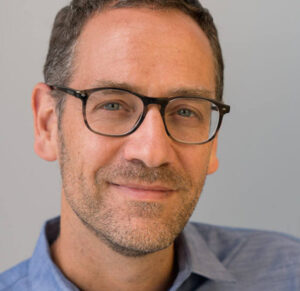
Denis Jabaudon
Course director
Faculty of Medicine,
University of Geneva, Switzerland
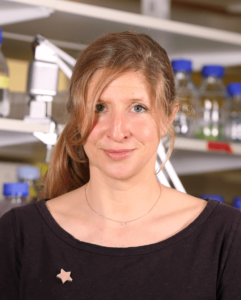
Stephanie Baulac
Co-director
Paris Brain Institute, Institut du Cerveau (ICM), France

Claude Desplan
Co-director
Department of Biology, NYU New York, USA
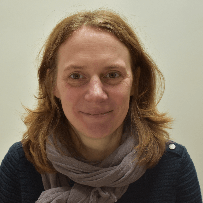
Emilie Pacary
Co-director
Neurocentre Magendie, University of Bordeaux, France
Keynote Speakers
Laure Bally-Cuif – Institut Pasteur, France
Sonia Garel – Ecole Normale Superieure (ENS), France
Simon Hippenmeyer – Institute of Science and Technology (IST), Austria
Oliver Hobert – Columbia University , USA
Guillermina Lopez Bendito – Instituto de Neurociencias – UMH-CSIC, Spain
Shubha Tole – Tata Institute of Fundamental Research, India
Instructors
Alexandre Baffet – Institut Curie, France
Nathan Benac – University of Bordeaux, France
Sara Bizzotto – Paris Brain Institute, France
Boyan Bonev – Helmholtz Zentrum München, Germany
Antoine de Chevigny – INMED, Univeristy of Marseille, France
Fernando García-Moreno, Achucarro Basque Center for Neuroscience, Bilbao, Spain
Juliette Godin – IGBMC Univeristy of Strasbourg, France
Isabel Holguera – New York University, USA
Nathalie Jurisch – Kavli Institute for Systems Neuroscience – NTNU, Norway
Karine Loulier – Institute for Neurosciences of Montpellier, France
Esther Klingler – UNIGE, Switzerland
Nikos Konstantinides – Institut Jacques Monod, France
Pierre Mortessagne – Neurocentre Magendie, Univeristy of Bordeaux, France
Homaira Nawabi – Grenoble Institute of Neuroscience, France
Stéphane Nédélec – Institut du Fer à Moulin, France
Sergi Roigg Puigros – UNIGE, Switzerland
Julie Stoufflet – Giga Liège, Belgium
Emre Yaksi – Kavli Institute for Systems Neuroscience – NTNU, Norway
Course content
Techniques
- Crispr-CAS9 mediated genome editing to tag endogenous actin
- Dissection and dissociation of mouse cortex
- Fly husbandry
- Human induced pluripotent stem cells culture
- In utero/ex-utero electroporation
- Analyses of cell position and protein expression using ImageJ
- analyses of migration
- ATAC-seq library preparation
- Cell culture (dissociated hippocampal neurons, COS-7), cell transfection
- Comparative neuroanatomy
- Confocal microscopy and image analysis
- Culture of organotypic brain slices
- Drosophila brain dissection at L3 stage
- Functional brain imaging in adult, juvenile and larval zebrafish and associated data analysis
- Genetic manipulation of tTFs in neuroblasts using MARCM
- Immunofluorescence
- Image reconstructions and 3D analysis
- Immunohistochemistry
- Immunostaining
- Intravitreal & in utero injections
- Introduction to bioinformatics and scRNAseq analysis
- Live birth-dating of neurons and functional imaging of their activity
- Microtome / Vibratome sectioning
- Retina, optic nerve dissection & explant culture
- Spheroid generation and differentiation
- Tissue freezing and cryostat slicing
- Videomicroscopy,time lapse recording
See more techniques in the projects list.
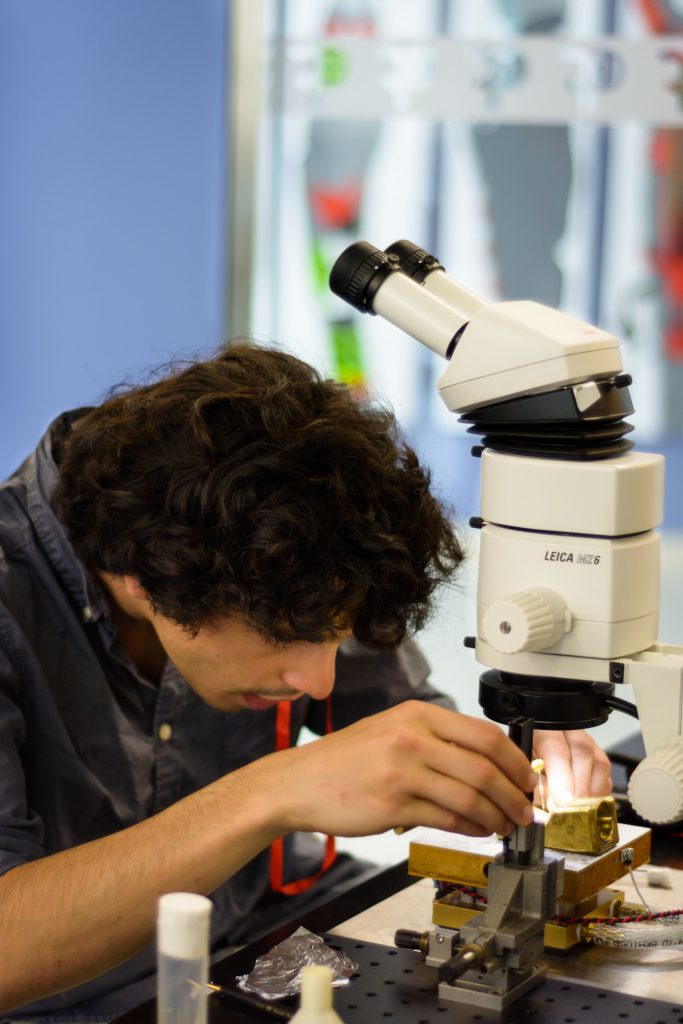
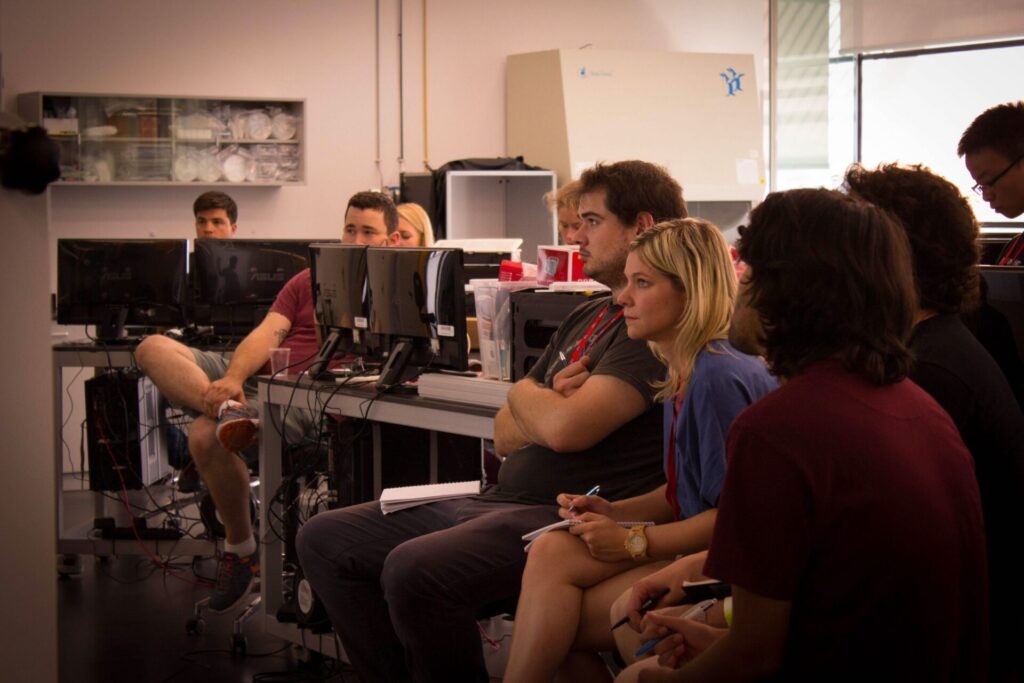
Projects
- Project 1 : “Live imaging of microtubule dynamics in mouse brain slices”
- Project 2 : “Role of dopamine-glutamate interplay during synaptogenesis”
- Project 3 : “Studying a developmental mosaic brain disorder in human cortical spheroids”
- Project 4: “Histological and transcriptional analysis of isochronically labelled cortical neurons”.
- Project 5: “Studying the morphological properties of developmentally- and adult-born dentate granule neurons”
- Project 6: “RGC manipulation to modulate CNS regeneration”
- Project 7: “Study of neuronal migration after prenatal alcohol exposure”
- Project 8 : “Genome-wide profiling of the epigenome and the transcriptome of major cell types from the developing mouse cortex”
- Project 9: “Emergence of intracortically-projecting neuron diversity”
- Project 10 : “Studying the effect of temporal series in the proliferative capacity of Drosophila neural stem cells”
- Project 11: “MAGIC Markers strategies to investigate neuron-astrocyte anatomical relationships during cortical development”
- Project 12: “ Differentiation of spinal organoids and motor neuron subtypes from human induced pluripotent stem cells”
- Project 13: “Inferring ligand-receptor interactions between GABAergic and Glutamatergic cells during Somatosensory Cortex Development”
- Project 14: “Imaging actin cytoskeleton dynamics during radial migration of projection neurons in the mouse developing cortex”.
- Project 15: “Neurogenesis in the Drosophila optic lobe by temporal patterning”
- Project 16: “Fluid dynamics in the brain of zebrafish and medaka larvae”
- Project 17: “Imaging function, connectivity, and development of brain circuits in zebrafish”
- Project 18: “Comparative neurodevelopment of mouse and chick brains”
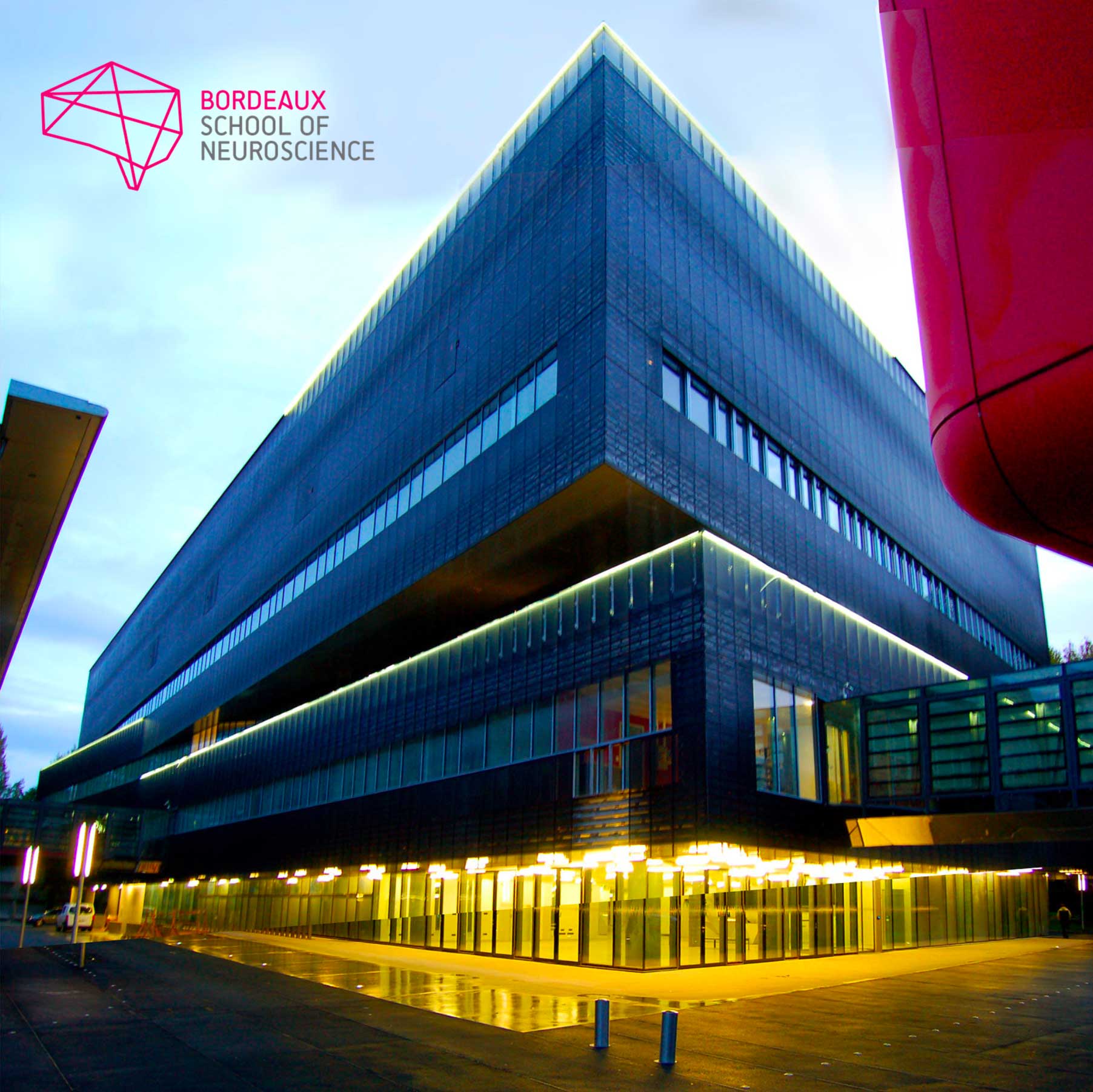
Bordeaux School of Neuroscience, France
The Bordeaux School of Neuroscience is part of Bordeaux Neurocampus, the Neuroscience Department of the University of Bordeaux. Christophe Mulle, its current director, founded it in 2015. Throughout the year, renowned scientists, promising young researchers and many students from any geographical horizon come to the School.
The school works on this principle: training in neuroscience research through experimental practice, within the framework of a real research laboratory.
Facilities
Their dedicated laboratory (500m2), available for about 20 trainees, is equipped with a wet lab, an in vitro and in vivo electrophysiology room, IT facilities, a standard cellular imaging room, an animal facility equipped for behavior studies and surgery and catering/meeting spaces. They also have access to high-level core facilities within the University of Bordeaux. They offer their services to international training teams who wish to organize courses in all fields of neuroscience thanks to a dedicated staff for the full logistics (travels, accommodation, on-site catering, social events) and administration and 2 scientific managers in support of the experimentation.
Registration
Fee : 3.500 € (includes tuition fee, accommodation and meals)
The CAJAL programme offers 4 stipends per course (waived registration fee, not including travel expenses). Please apply through the course online application form. In order to identify candidates in real need of a stipend, any grant applicant is encouraged to first request funds from their lab, institution or government.
Kindly note that if you benefited from a Cajal stipend in the past, you are no longer eligible to receive this kind of funding. However other types of funding (such as partial travel grants from sponsors) might be made available after the participants selection pro- cess, depending on the course.

